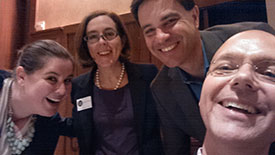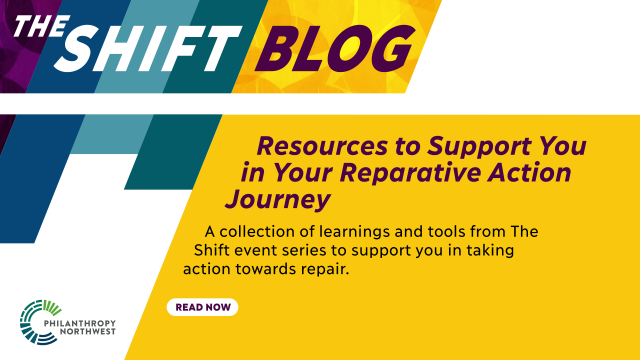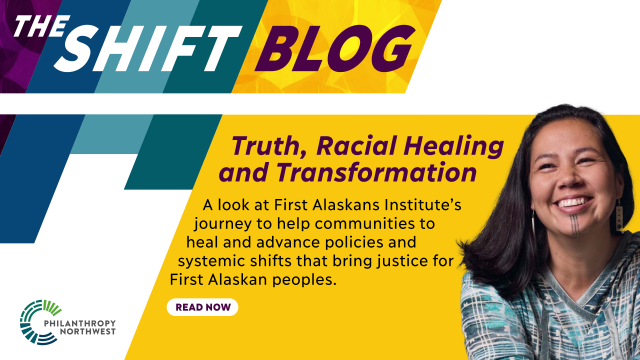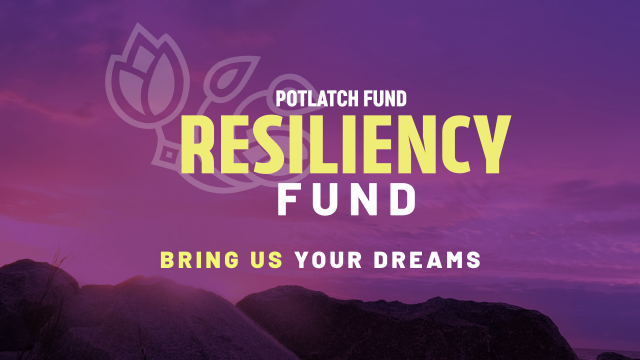Share
by Sam Whiting, President and CEO, Thrive by Five Washington
Cross-posted from Thrive by Five Washington blog
From the myriad issues that swirl around education inequities, these folks zeroed in on one: educational outcomes for tribal youth. It was a signal to me how important our partnerships with tribes in Washington are and will continue to be.
It was The River Gathering: A Confluence of People, Places and Spirit, a conference in Central Oregon that drew program officers and trustees of philanthropic organizations from the Pacific Northwest to exchange ideas, build relationships and learn together. I was honored to be part of a panel alongside Rachel Clements of College Spark Washington, Oregon Secretary of State Kate Brown and John Tapogna of ECONorthwest.
Our session – Strategies for Reducing Inequalities in Education – kicked off with presentations from panelists on topics from rural home visiting (me) to College-Bound Scholarships (Rachel) to educational goals for middle-schoolers (Kate). I was so impressed with the passion and knowledge of my co-panelists; their presentations were excellent.

When it came time for the attendees to ask questions and drive the conversation, though, they chose to dig in on educational outcomes for tribal kids. I was able to share more about the Dear Children report recently completed by Thrive and members of the First Peoples, First Steps Alliance here in Washington, and John shared some compelling data about the outcomes for youth in tribal programs versus mainstream, non-tribal programs.
What the ECONorthwest research has found is that educational outcomes, such as rates of college enrollment, are much poorer for tribal youth than the average Oregon student. But, youth in tribe-specific programs fare better.
This seems to align with the Dear Children report, which asserts that Native teachers should be kept in the classroom and that Native language, culture and oral traditions should be a preferred pathway for training early childhood educators in Native communities. The report emphasizes “the value to Native children of having teachers who are themselves Native and part of the community” to ensure the best outcomes for all children.
I look forward to Thrive’s continued work with tribes, as we learn more about the ways that we can help create opportunities for tribal youth.


